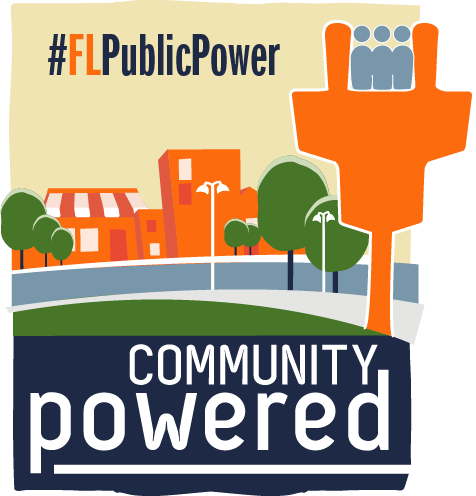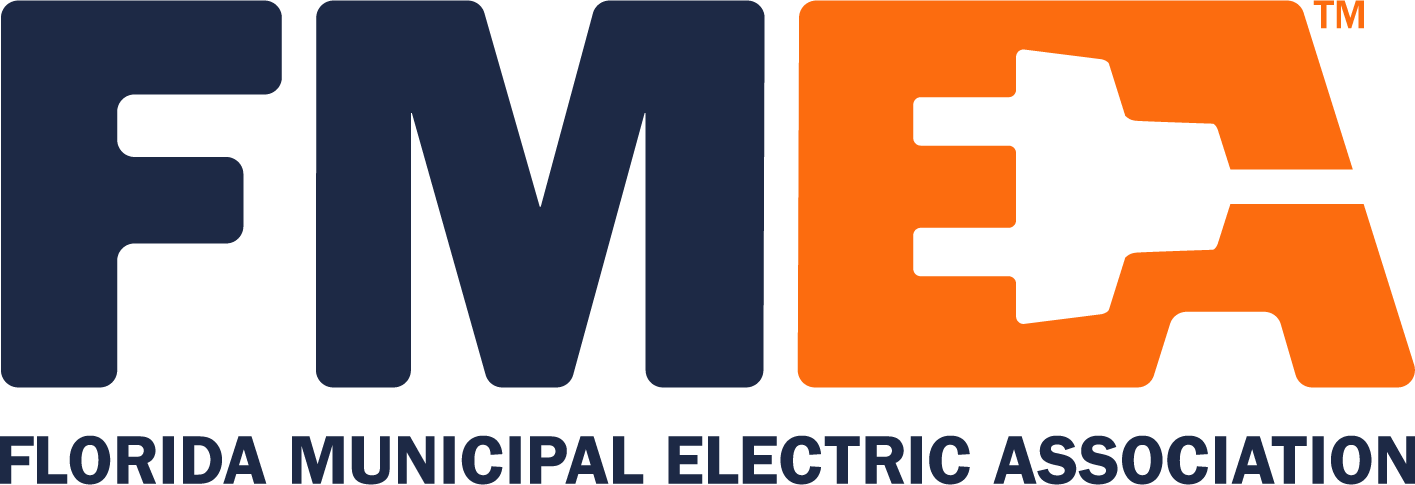Regulators Poised to Consider Duke Solar Expansion
 As utilities continue moving forward with plans to expand solar energy, state regulators next week will take up a Duke Energy Florida proposal that would add 10 solar plants in the coming years.
As utilities continue moving forward with plans to expand solar energy, state regulators next week will take up a Duke Energy Florida proposal that would add 10 solar plants in the coming years.
But like a similar plan approved this year for Florida Power & Light, the Duke proposal has drawn opposition because of the way it is structured and financed.
Duke’s proposal, dubbed the Clean Energy Connection Program, would involve some customers voluntarily paying more upfront on their bills to help finance the projects and then receiving future bill credits. The utility argues that the program would benefit all of its customers because the solar projects would ultimately reduce the need to build costly natural-gas plants and would help reduce carbon emissions.
“The CEC (Clean Energy Connection) Program represents the next evolution of DEF’s (Duke Energy Florida’s) commitment to increasing cost-effective renewable generation and providing innovative pricing solutions for our customers,” the utility said in an Oct. 28 filing at the state Public Service Commission. “The CEC program is structured to maximize the benefits to the entire DEF system and to minimize the costs to non-participating customers.”
But critics contend that the program will have costs and financial risks for the vast majority of Duke customers who will not participate. For example, the bill credits for participants in the program will be financed through money that customers pay to cover power-plant fuel expenses.
“The CEC program as proposed is an inappropriate and fundamentally unfair means to increase solar generation on Duke’s grid, and the (Public Service) Commission should accordingly reject Duke’s petition,” wrote attorneys for the Earthjustice legal group, which is representing the League of United Latin American Citizens in opposing the plan. “Any purported benefits from the proposal to the general body of ratepayers come from the cost-effectiveness of building and relying on solar as compared to additional fossil-fuel generation, and unlike the benefits to program participants, are not guaranteed.”
The Public Service Commission is scheduled to hold a hearing on the proposal Nov. 17. In March, it approved a similar FPL program, known as SolarTogether, that is slated to add 20 solar plants.
The state Office of Public Counsel, which represents consumers in utility issues, opposed the FPL program for many of the same reasons raised by the League of United Latin American Citizens in the Duke case. The Office of Public Counsel is not actively opposing the Duke proposal but said in a filing last month that its position was “made abundantly known” in the FPL case.
Duke is backed in the case by the Southern Alliance for Clean Energy, the group Vote Solar and Walmart, a potential participant in the program. The utility reached a formal agreement, known as a stipulation, with the groups and Walmart that will go before the Public Service Commission.
“Both utility scale and rooftop solar installations continue to grow in Florida, yet some residential customers cannot directly access the economic benefits of solar power because they may rent their homes, live in multi-unit dwellings, or have shaded roofs,” the Southern Alliance for Clean Energy said in a document filed last month at the commission. “Likewise there are commercial customers that may not own their business property, or may not want the ownership responsibility of rooftop solar. The DEF CEC program provides these customers the option to participate in the program and realize a direct economic benefit from solar power.”
The proposal involves building 10 74.9-megawatt solar plants, with two coming online in January 2022, four coming online in January 2023 and four coming online in January 2024, according to Duke’s proposal filed at the Public Service Commission in July. The costs of each plant would range from $102 million to $113 million.
Duke, FPL and other utilities have looked in recent years to dramatically increase their use of solar energy, as facilities have become more cost-effective and amid pressures to reduce carbon emissions. As an example, the Public Service Commission last week approved a solar project in Polk County that will be the fourth phase of plan by Tampa Electric Co. to add such facilities.
But Duke’s Clean Energy Connection program and FPL’s SolarTogether program differ from the others because of the way they are structured. Duke, like FPL, argues that the structure will lead to long-term savings for all customers because of reduced need for natural-gas plants and related costs, such as fuel.
“The solar generation added to DEF’s system will displace higher-cost fossil-fueled generation and therefore will lower emissions and fuel costs for all customers,” Duke said in its July filing.
But the attorneys for the League of United Latin American Citizens argue that the system of bill credits would financially benefit participants in the program while placing the risks on the rest of the customers.
“It is possible that actual avoided costs (of such things as power-plant fuel) will match Duke’s forecasts …, but if those savings fail to materialize, the general body of ratepayers will still be on the hook to pay hundreds of millions in rising energy credits to participants,” the opponents’ attorneys wrote in a document filed at the commission.
Article reposted with permission from The News Service of Florida.
 Enter your email address in the
Enter your email address in the 